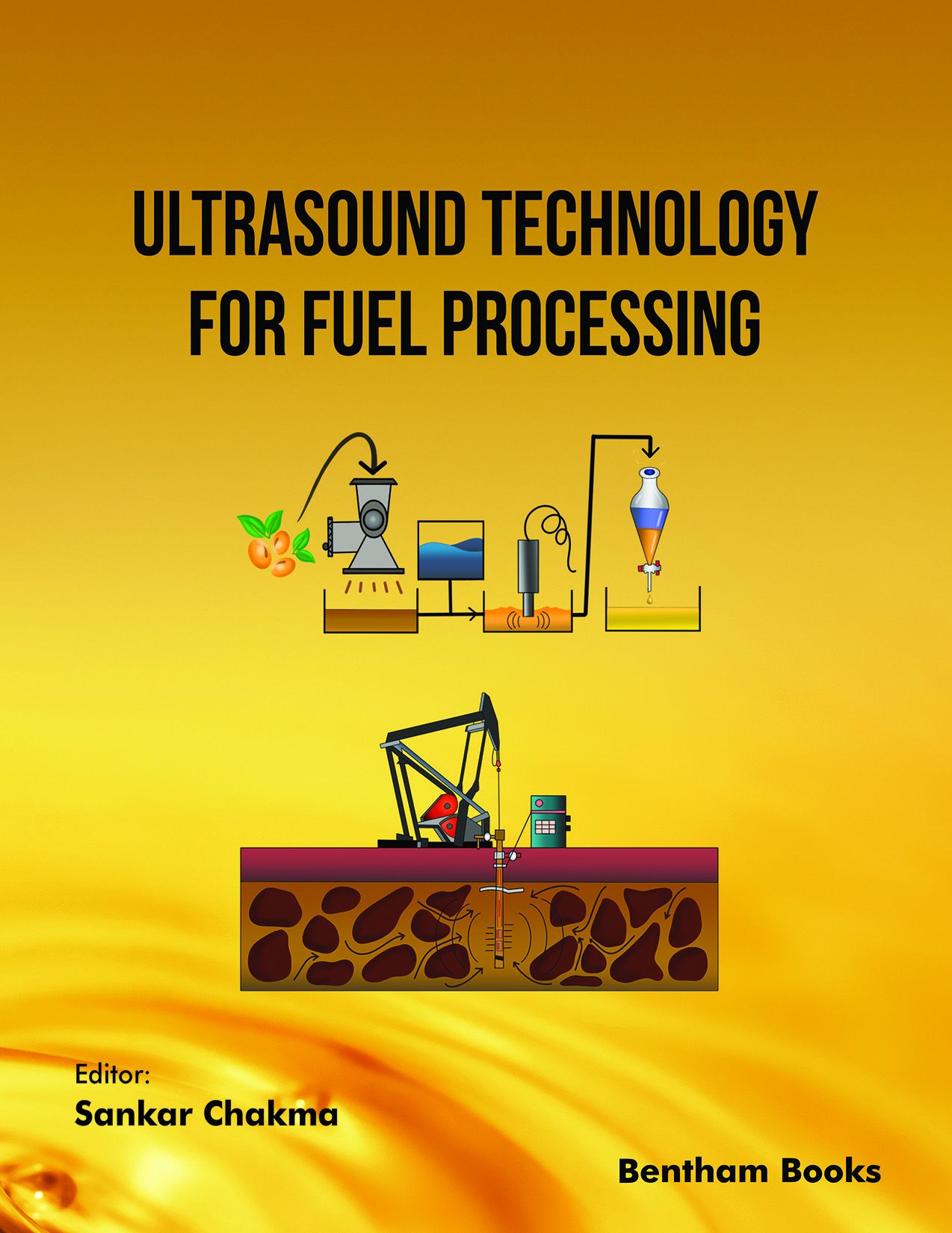Introduction
Ultrasound Technology for Fuel Processing is a comprehensive reference guide that explores the application of sonochemistry and ultrasound waves in the intensified processing of fuels. The book focuses on the cavitation phenomenon, which generates extreme conditions, such as high temperatures and pressures, within the cavitation bubbles, leading to significant enhancements in chemical reactions and overall process yields.
Key features of the book include comprehensive coverage of ultrasound fuel processing, with the inclusion of information about several new processing techniques, detailed references, and a focus on sustainability enhancing petrochemical technologies.
Key highlights of the book include:
Key Topics:
- - The basics of ultrasound technology, including its history, acoustic wave origin, and process parameters influencing cavitation thresholds.
- - Green hydrogen production through sonolysis of water and the influence of various parameters on hydrogen yield.
- - Pre-treatment methods for biofuel production, exploring both conventional and novel green methods.
- - Ultrasound-based techniques to enhance alternative energy production (biocrude, biogas, and bioethanol).
- - Biodiesel synthesis using ultrasound-microwave synergy for enhanced processing rates.
- - Intensified approaches in sonochemistry, including the use of cavitation, fundamentals of sonochemical reactors, and operational guidelines for maximizing biodiesel yields.
- - Enhanced oil recovery and crude oil upgradation using ultrasound and cavitation techniques, focusing on cracking heavy hydrocarbon molecules.
- - Ultrasound-assisted chemical and bio-desulfurization processes.
Ultrasound Technology for Fuel Processing provides an in-depth understanding of the principles and applications of ultrasound in fuel processing, offering valuable insights for researchers, faculty, and professionals in fuel processing technology and related areas in industrial, petroleum and chemical engineering.
Audience: Engineering Professionals and Students, Postgraduate researchers in Chemical Engineering, Petroleum Engineering

